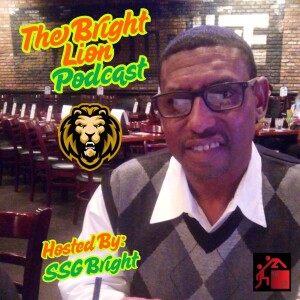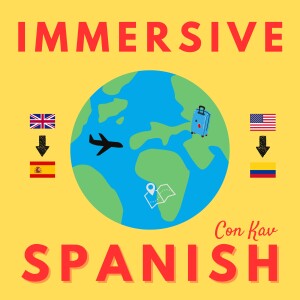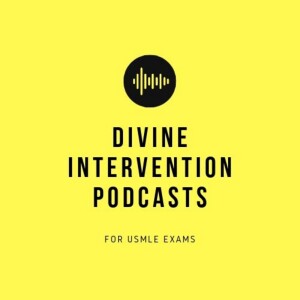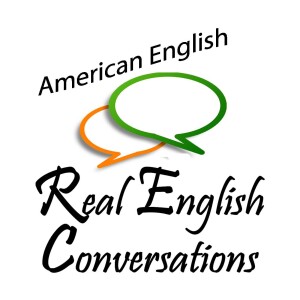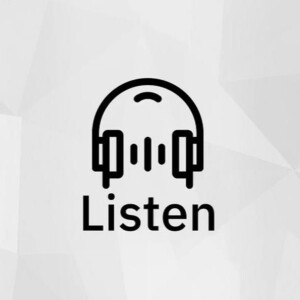

Payola, in the music industry, is the illegal practice of paying a commercial radio station to play a song without the station disclosing the payment. Under US law, a radio station must disclose songs they were paid to play on the air as sponsored airtime. The number of times the songs are played can influence the perceived popularity of a song, and payola may be used to influence these meters. The Federal Communications Commission (FCC) treats payola as a violation of the Sponsorship Identification Rules, which requires any broadcast of paid material to include a disclosure.
The term payola is a combination of "pay" and "ola", which is a suffix of product names common in the early 20th century, such as Pianola, Victrola, Amberola, Crayola, Rock-Ola, Shinola, or brands such as the radio equipment manufacturer Motorola.
History.
Prior to the 1930s, there was little public scrutiny of the reasoning behind a song's popularity. The advertising agencies which sponsored NBC's radio/TV show Your Hit Parade refused to reveal the specific methods that were used to determine top hits. Only general and vague statements were offered; that determining top hits was based on "readings of radio requests, sheet music sales, dance hall favorites and jukebox tabulations". Early attempts to stop payola were met with silence by publishers.
Prosecution for payola in the 1950s was in part a reaction of the traditional music establishment against newcomers. The emergence of hit radio had become a threat to the wages of song-pluggers and publisher's revenue streams. By the mid-1940s, three-quarters of the records produced in the United States went into jukeboxes. Attempts were made to link all payola to rock-and-roll music. In the 1950s, independent record companies or music publishers frequently used payola to promote rock and roll on American radio. This practice promoted cultural diversity because disc jockeys (DJs) were less inclined to indulge their own personal and racial biases.
While the amount of money involved remains largely unpublished, Phil Lind of Chicago's W A I T disclosed in Congressional hearings that he had taken US$22,000 to play a record.
More Episodes
All Episodes>>You may also like
Create Your Podcast In Minutes
- Full-featured podcast site
- Unlimited storage and bandwidth
- Comprehensive podcast stats
- Distribute to Apple Podcasts, Spotify, and more
- Make money with your podcast
